
Calls are growing for an international investigation into the blast 100 days ago that devastated Lebanon’s capital, Beirut, as survivors, human rights groups and lawyers claim the Lebanese government’s inquiry is badly flawed and unlikely to yield credible results.
Reconstruction is under way in the city but the eastern suburbs are still badly scarred by the ignition of 2,750 tonnes of ammonium nitrate that had been stored for years in a port warehouse despite repeated warnings by officials and at least two government reports calling for the highly flammable material to be moved.
The death toll has passed 200, as some of the more than 6,000 people hurt in the explosion – the force of which has been estimated at one-twentieth of that of the nuclear bomb dropped on Hiroshima – have succumbed to their injuries in recent weeks.
“We are still in the denial stage,” said Elie Hasrouty, whose father, Ghassan, worked at the port and died in the blast. His family applied for emergency state funds to rebuild their home but were told they had missed a deadline, he said. “We told [the authorities] our lives were destroyed, it’s your responsibility to survey the damage and follow up with people.”
A compensation fund has been established for victims, but Hasrouty said accessing it required onerous paperwork including obtaining death certificates from four separate offices. “Our file should be known to them,” he said. “They should be contacting us, not the other way around.”
Lebanese authorities have referred the investigation to the judicial council, a special court whose decisions cannot be reviewed. So far it has ordered the arrests of 25 people, including the head of the port and the head of Lebanon’s customs authority, and taken more than 50 witness statements, but it has not made evidence or details of its investigation public.
Organisations such as Human Rights Watch have pointed to allegations of political interference in the appointment of the government’s chief investigator. For decades, UN reports have raised questions over the independence of the Lebanese judiciary.
About 1,000 injured or bereaved have approached Nada Abdelsater, an international lawyer based in Beirut, demanding international assistance in the inquiry. “The Lebanese authorities remain a primary suspect, albeit not the only one,” Abdelsater said. “Therefore, the victims view the Lebanese system as having a fundamental conflict of interest in that it is the accused and the judge.”
Beirut’s Bar Association, which has formed a committee that is pursuing more than 600 cases on behalf of victims of the blast and their families, referred last week to “major challenges and barriers” in the path of justice, without giving details.
The victims’ calls for international involvement are being backed by Amnesty International, which has said the local mechanisms set up to examine the disaster “are neither independent nor impartial”.
“The problem with the people who have been charged or arrested is that they’re all customs or ports officials, and they bear responsibility but it doesn’t end there,” said Aya Majzoub, the Lebanon researcher for Human Rights Watch.
“Ministers have admitted knowing of the existence of the explosive material, along with the president and prime ministers, but there hasn’t been any attempt to investigate their role and responsibility. The entire process lacks credibility because you’re scapegoating lower-level employees instead of trying to find out where the responsibilities lie in the entire political system.”
Senior officials including the president, Michel Aoun, and the prime minister at the time of the blast, Hassan Diab, had received a report warning of the presence of the chemicals – one of several notices raising concern that circulated in the Lebanese government over a period of years – but both have denied any negligence. Diab has been interviewed as part of the official investigation.
Legal Action Worldwide, a global legal advocacy group, will publish a report on Friday outlining why it believes UN involvement in the investigation is essential. It will submit the report to UN officials and key member states before a security council briefing on Lebanon next week.
“According to multiple UN reports over decades, the Lebanese justice system can be summarised as lacking independence, inefficient, lacking in resources and prone to corrupt practices,” said the group’s executive director, Antonia Mulvey, who was part of the UN’s fact-finding mission that found evidence of genocide in Myanmar’s campaign against the Rohingya.
“These factors have resulted in ineffective avenues for justice for victims and no realistic options for accountability within Lebanon, particularly when state actors are involved.”
On Wednesday a victims’ group demonstrated outside Beirut’s Palace of Justice, placing portraits of loved ones who died in the blast on the gates of the courthouse complex.
Youssef al-Mawla, whose 26-year-old son was killed, said the group had been granted a meeting with the government’s main investigator, Fadi Sawan. “We saw that politicians were intervening in the investigation, and we’ve formed this movement to have a strict and proper judge,” he said.
Mawla said he was satisfied by Sawan’s reassurances but he would be closely monitoring the investigation. “We are with him and we support him,” he said. “But if he wants to follow the politicians’ path, we urge him to excuse himself and we will continue.”
Hasrouty said it was not up to him to blame specific officials, but someone had to be accountable for a disaster on that scale. “Everyone can’t just say they did their job when there was an explosion like this,” he said. “There are duties and responsibilities.”
Jassar al-Tahat contributed to this report








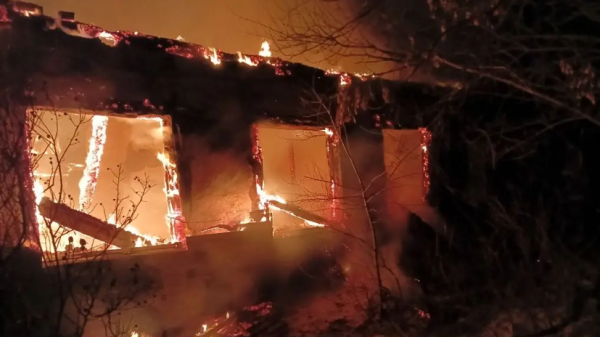

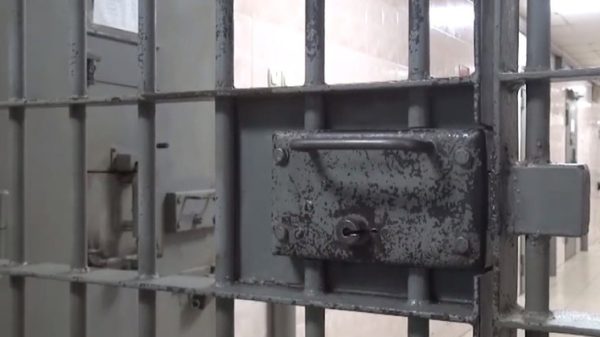
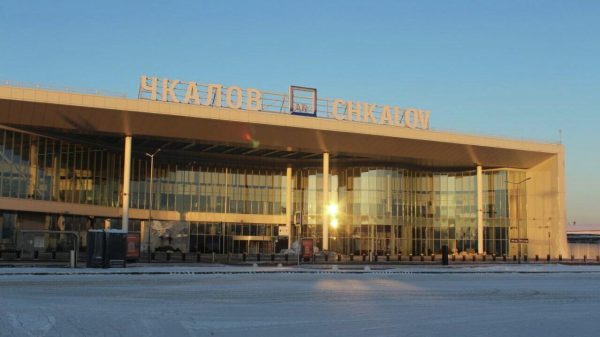






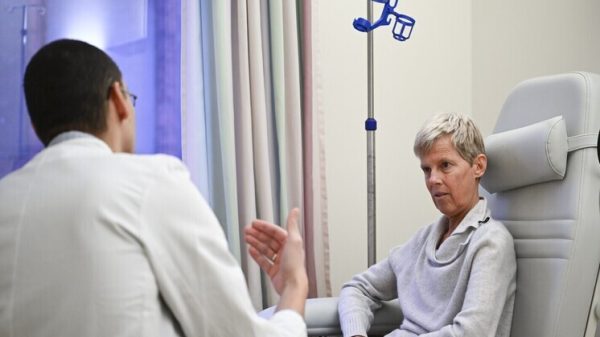

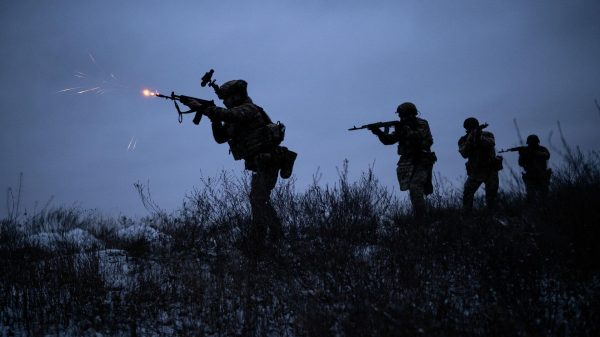











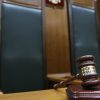





















Свежие комментарии